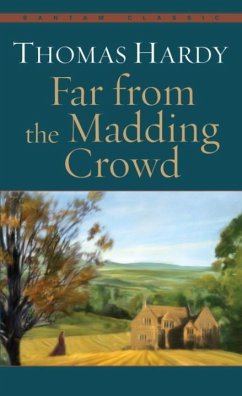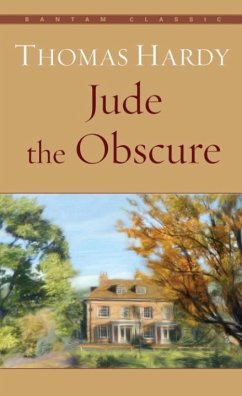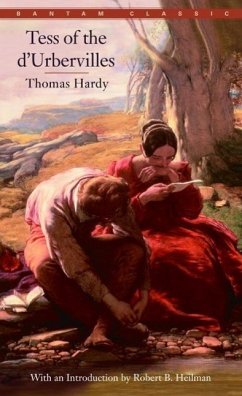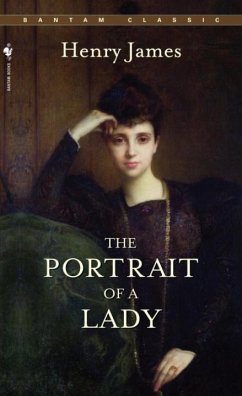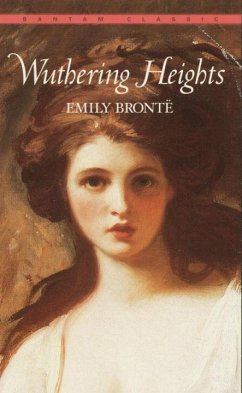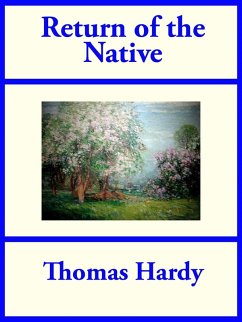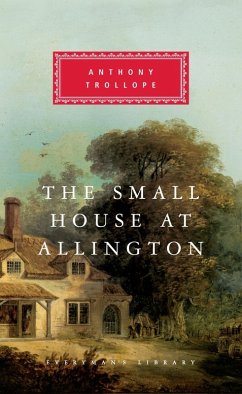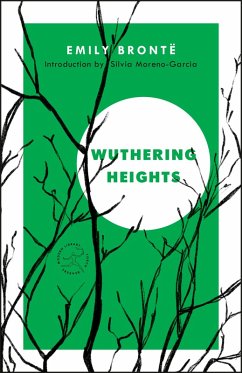
The Return of the Native (eBook, ePUB)

PAYBACK Punkte
2 °P sammeln!
This fine novel sets in opposition two of Thomas Hardy's most unforgettable creations: his heroine, the sensuous, free-spirited Eustacia Vye, and the solemn, majestic stretch of upland in Dorsetshire he called Egdon Heath. The famous opening reveals the haunting power of that dark, forbidding moor where proud Eustacia fervently awaits a clandestine meeting with her lover, Damon Wildeve. But Eustacia's dreams of escape are not to be realizedneither Wildeve nor the returning native Clym Yeobright can bring her salvation. Injured by forces beyond their control, Hardy's characters struggle vainly ...
This fine novel sets in opposition two of Thomas Hardy's most unforgettable creations: his heroine, the sensuous, free-spirited Eustacia Vye, and the solemn, majestic stretch of upland in Dorsetshire he called Egdon Heath. The famous opening reveals the haunting power of that dark, forbidding moor where proud Eustacia fervently awaits a clandestine meeting with her lover, Damon Wildeve. But Eustacia's dreams of escape are not to be realizedneither Wildeve nor the returning native Clym Yeobright can bring her salvation. Injured by forces beyond their control, Hardy's characters struggle vainly in the net of destiny. In the end, only the face of the lonely heath remains untouched by fate in this masterpiece of tragic passion, a tale that perfectly epitomizes the author's own unique and melancholy genius.
Dieser Download kann aus rechtlichen Gründen nur mit Rechnungsadresse in A, B, BG, CY, CZ, D, DK, EW, E, FIN, F, GR, HR, H, IRL, I, LT, L, LR, M, NL, PL, P, R, S, SLO, SK ausgeliefert werden.




